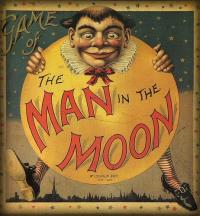What did the 1735 trial of Peter Zenger help to establish?
Explicitly, in the 1735 libel case by the government against John Peter Zenger, Andrew Hamilton was able to establish the concept that truth is an absolute defense against libel. By successfully defending Zenger in this landmark case, Hamilton directly created the precedent that a statement, even if defamatory, is not libelous if it can be proved. Freedom of the press was then firmly accepted as a fundamental right in America.
In 1733, Zenger began publishing a newspaper in the state of New York to voice opposition to the onerous policies of newly appointed colonial governor William Cosby. Because of Zenger's newspaper articles, Cosby finally and publicly issued a proclamation condemning Zenger's actions as scandalous, virulent, and malicious. Cosby stated that the articles were in fact stories filled with false and seditious details.
In light of the situation, Zenger was arrested and charged with criminal and seditious libel. After more than eight months in prison, Zenger went to trial in November 1734. He was defended by an illustrious Philadelphia lawyer, Andrew Hamilton.
Rebuffed repeatedly by Chief Justice Delancey of New York in the 1735 trial, Hamilton argued his client's case directly to the jury. After the arguments for both sides were finished, the jury retired. In a short period of time, the jury returned with a verdict of not guilty.
More Info:
en.wikipedia.org












